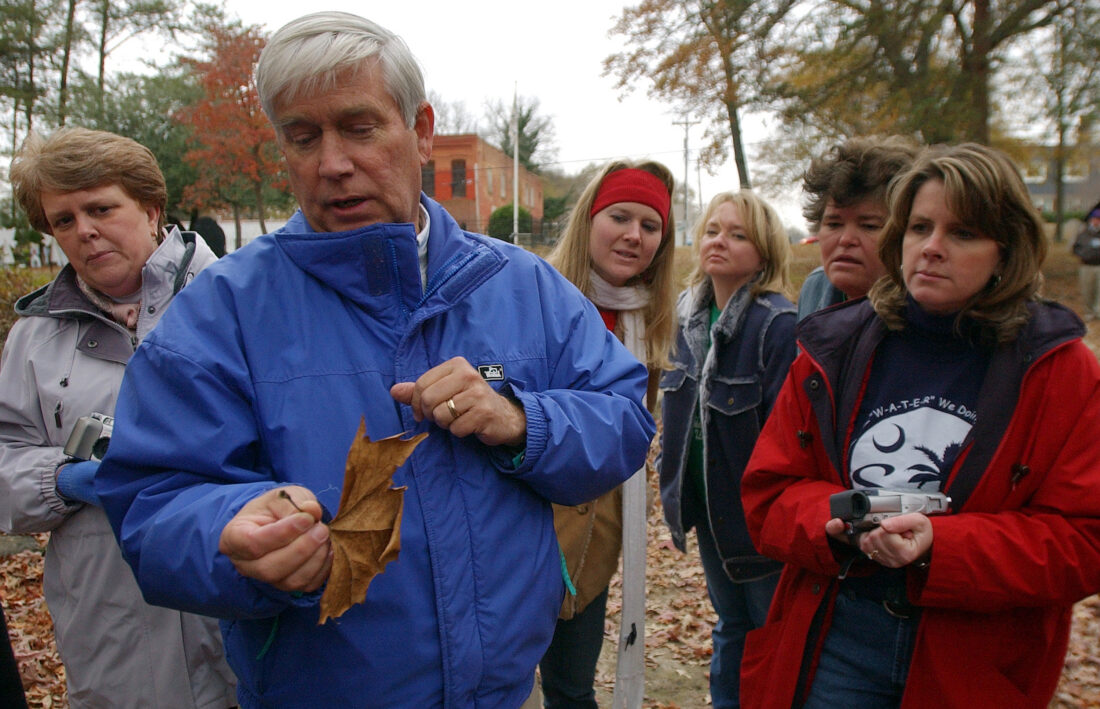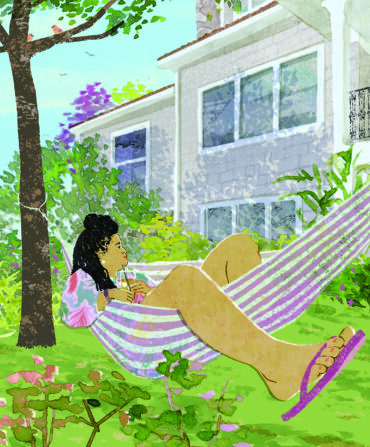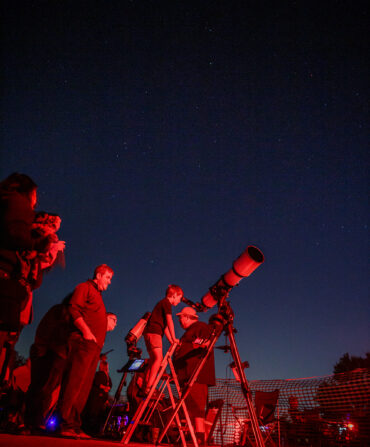Most South Carolina public radio listeners would recognize the voice immediately. A conversational Southern drawl with the cadence of a Sunday school teacher. Only instead of telling Bible stories, Rudy Mancke, the host of SCETV’s NatureScene (which ran from 1978 to 2002 with co-hosts Beryl Dakers and Jim Welch) and SC Public Radio’s NatureNotes, spread the gospel of scientific curiosity.
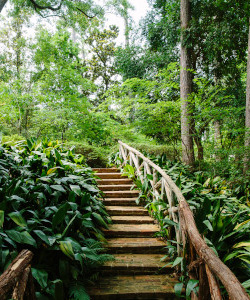
In his hallmark one-minute-and-twenty-one-second recordings, Mancke, the University of South Carolina’s naturalist in residence, delivered snippets of insight into the natural world, answering listeners’ questions with matter-of-fact responses often punctuated by a soft chuckle. Sometimes a listener would send him a photo of a strange moth, which Mancke would identify. Other times he’d demystify memorable animal encounters. “It was the giant Atlantic cockle—it’s one of the really beautiful ones we’ve got,” he said of the bivalve that squirted a startled listener on Sullivan’s Island. “They just strain plankton out of the water and put it back where it’s supposed to be, and everybody lives happily ever after.”
On Tuesday, November 7, Mancke succumbed to complications from liver disease.
But while his last pre-recorded episode aired on November 8, friends, fans, and colleagues say his lessons will live on.
“I’m a retired wildlife biologist and a naturalist because of the benefit of meeting Rudy,” says Derrell Shipes, a former wildlife chief with the South Carolina Department of Natural Resources. When he was twelve, Shipes attended Sunset Camp, a Baptist church camp in the mountains of South Carolina where Mancke, who had just finished his first year at Wofford College, was the camp naturalist. “He was the first adult or near-adult I had been exposed to who shared my interest in snakes, frogs, and turtles. It was life-changing,” Shipes says.
Mancke had that effect on budding herpetologists, mammalogists, and ornithologists. Captain Meg Hoyle, founder and owner of Botany Bay Ecotours and a wildlife ecologist, shared a similar story. She too met Mancke at age twelve, albeit in more exceptional circumstances. The population of cotton rats on Edisto Island had exploded, and Mancke and a friend were cruising the area in an MG convertible, searching for the rodents. They passed Hoyle and asked if she’d seen any; she had and offered to help.
Later, when Mancke pulled up at Hoyle’s grandmother’s house, Hoyle wasn’t sure what to expect. “But my grandma came out and said, ‘Hello, Rudy Mancke.’ She was a loyal NatureScene viewer.” That chance encounter led Hoyle to attend Mancke’s nature walks and public programs. Years later she had the opportunity to lead a walk with him as a colleague. “He is an environmental education icon, and he will be missed,” she says.
Chris Crolley, captain and CEO of Coastal Expeditions and founder of the Coastal Expeditions Foundation, a nonprofit that makes wildlife experiences more accessible, was a regular viewer of NatureScene too. “It’s one of my fondest childhood memories. We only had like two channels, and the show came on right after my dad got home from work, so we’d sit on the couch and watch it together,” Crolley says. “That’s how it started. That’s why I eventually became an interpretive naturalist.” And Mancke eventually became Crolley’s real-life mentor, teaching him how to engage the public in his signature humble style.
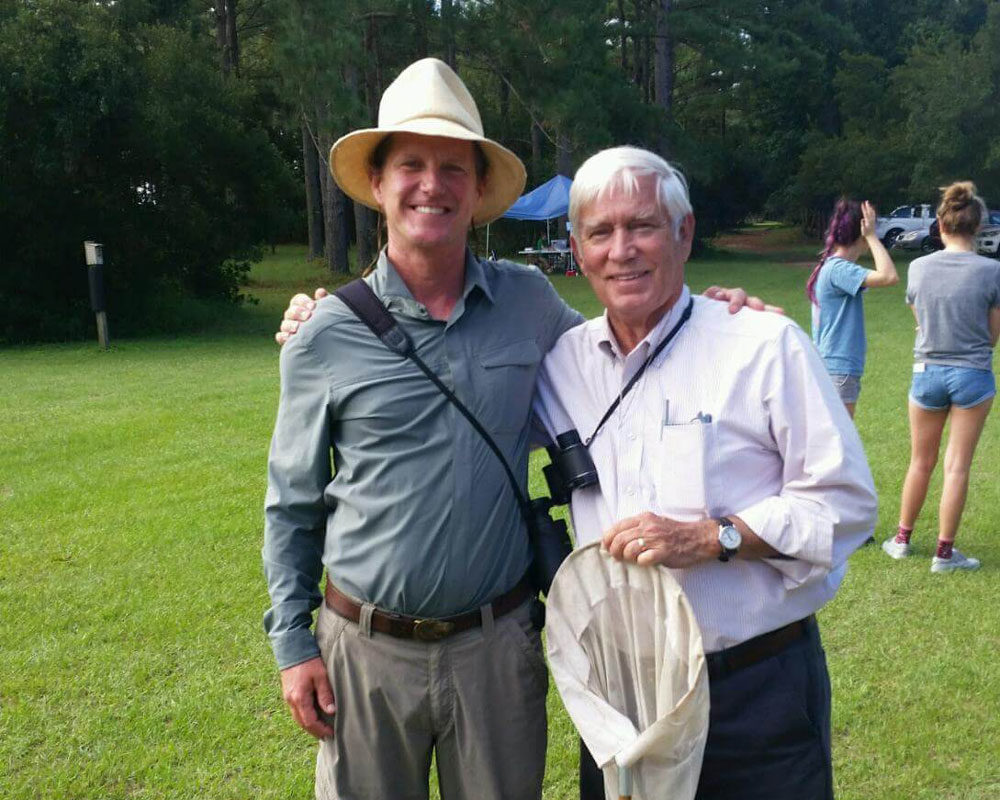
“He was like a Mr. Rogers,” Crolley says. “By deliberately humanizing himself and casting himself in the role of the curious child, he made the natural world available to people.”
Case in point: “He would put dragonflies on his nose while doing legitimate interpretation,” Crolley recalls. “I remember one day he got this particularly big one. And dragonflies are vicious—they’re voracious predators. And your nose is a very vascular situation. And it bit him! He started bleeding but turned it into this comedy routine.”
His good-natured rapport with people—and animals—was part of his gift, says Amanda McNulty, Mancke’s SCETV colleague and the host of Making It Grow. He was like a pied piper of critters.
“I went to nature camp with Rudy down at the Penn Center [on Helena Island]—nature camp for adults, that is—and we got about two hundred feet past the parking lot and he’d already found something fascinating. We’d barely gotten on the trail when he found a caterpillar on my brother’s shoulder,” she recalls.
A real-life snake charmer, Mancke would pick up any serpent he spotted, alive or dead, Crolley says. In fact, it was roadkill McNulty remembers most fondly from her nature camp with Mancke.
On the walk, Mancke found a snake that had been hit by a car. “He said, ‘I’m going to show you how to make Christmas presents,’” she recounts. Mancke proceeded to roll the snake’s skin off like a sock, describing how to attach it to plywood, dry it in an attic, and cut it up for holiday bookmarks. “Which is exactly what I did,” McNulty says.
On November 2, Mancke’s NatureNotes released an episode titled “Death and the Circle of Life.” With his same unassuming inflection, and not hinting at his own health struggles, Mancke said, “All Souls Day is today…and death is part of life, of course, we know that. It’s not good, bad, right, or wrong. But that’s what the system is like on the third planet from the star we call the sun, and we’re a part of that system, aren’t we? Death is a part of life because of the recycling system we’ve got, and it doesn’t work if death doesn’t come into play.”
An educator to the end, Mancke managed to make even his hardest lesson beautifully clear.
Kinsey Gidick is a freelance writer based in Central Virginia. She previously served as editor in chief of Charleston City Paper in Charleston, South Carolina, and has been published in the New York Times, the Washington Post, Travel + Leisure, BBC, Atlas Obscura, and Anthony Bourdain’s Explore Parts Unknown, among others. When not writing, she spends her time traveling with her son and husband. Read her work at kinseygidick.com.


